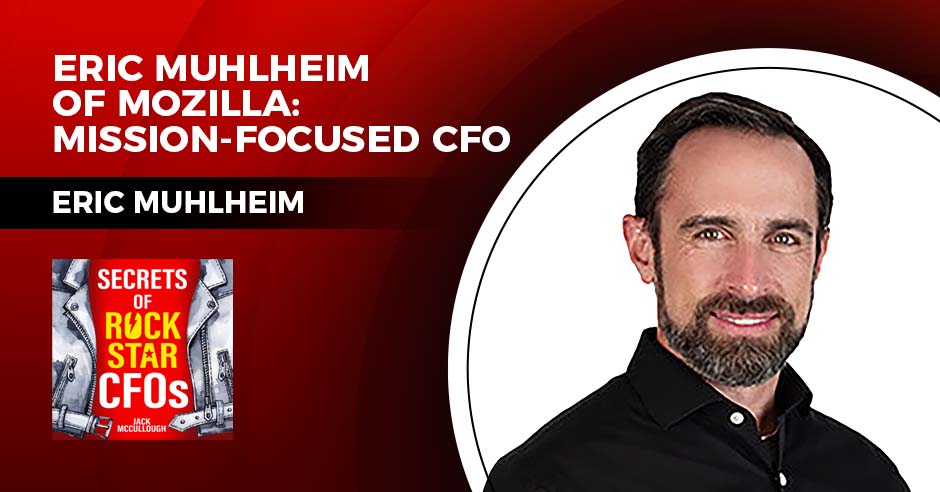Generative AI may not be ready to overtake the work of finance professionals just yet—but that day, in some way, is coming. That’s not a reason to despair. It’s a reason to start engaging more deeply with the technology, learning what it can and cannot do, and adapting the right kind of mindset to see opportunities in what’s coming up on us fast.
That was the overall message from a session at the CFO Leadership Council’s Leadership Summit in Boston this week, where longtime CFO and finance technology expert Glenn Hopper, author of Deep Finance: Corporate Finance In The Information Age and a new, free eBook, Demystifying AI: A Layperson’s Guide,shared insights.
“We’re all rightfully so risk averse as finance and accounting people, that’s great,” he said. “But we can’t bury our heads in the sand on this. We do need to understand it and know that it’s coming like a freight train, and we need to understand it before it gets here as early as possible. So I would encourage reading up on it, watching some YouTube videos, interact with Bard, Bing chat, ChatGPT, whichever, and really get to understand this because whether we like it or not, it’s coming.”
The issue, of course, is how. With platforms like ChatGPT, it’s impossible to safely load your company’s financial data inside of the system without risking public exposure—and violating a host of federal regulations. Hopper said he expects new GPT solutions to quickly be coming online that will allow you to interrogate and use your own data, but for now, you can experiment in other ways. Three takeaways/to dos from the conversation:
- Try plug-ins. Hopper used the Notable plugin for ChatGPT to write code to allow him to load a mountain of CSV files for years of old financials and structured data. The first time he tried it was in January—it took 11 hours. This time, using the plug in and plain-English instructions, he built a more useful system that didn’t require any computer programming experience, in just 30 minutes. He suggested CFOs try doing similar things, no matter their level of expertise, to get a deeper sense of what’s possible, and what will soon be possible.
- Try Code Interpreter. While there’s already a waiting list for it via the paid version of ChatGPT, Code Interpreter offers an early window into what’s likely coming soon, where large data sets can be uploaded into a system like ChatGPT, and then anyone can ask CEO-level questions about the data and have it produce rich analysis even in graphical form, all within seconds. For a fun exercise, grab the publicly available financials for companies in your industry, load them up and run comparisons, or just ask it what patterns it sees in the data. Government sites like the Bureau of Labor Statistics have large, public data sets to play with as well.
- Just talk to it. A lot. To grow in proficiency, carve out time to spend with these systems and get curious about what they can do. “I think asking it questions that you would ask a co-worker or they get asked of you, not with your proprietary data, but just the general types of questions. It’s interesting to see what, you know, when you’re trained on billions and billions of documents, it’s going to have some basic knowledge.”
“It starts with really just—not with proprietary data—but asking it questions like the kind of questions you could ask [an expert],” he said. “And then when it gets to a point where, maybe there’s reason to upload financial statements or, or whatever, use some public company financial statements, put it in there and ask it to do that and, and just understand the capabilities and the limitations of it.”








